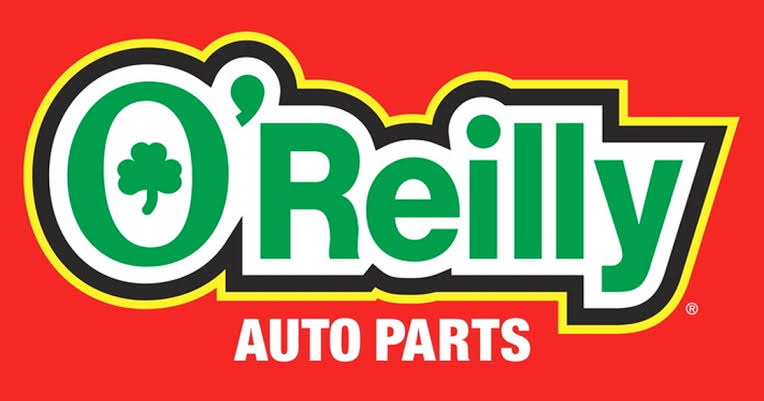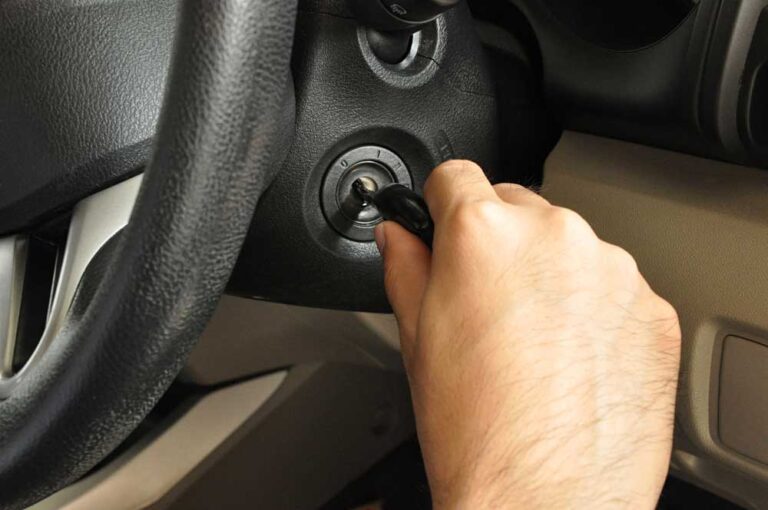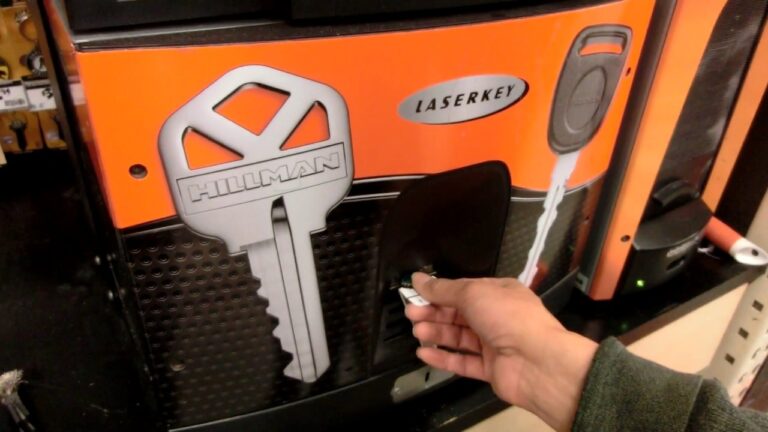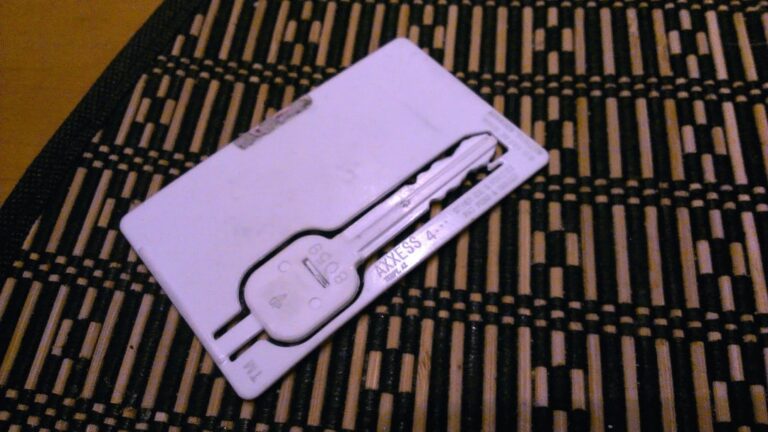Does Fuel Injector Cleaner Work Immediately?

Fuel injector cleaners are marketed as an easy way to improve your car’s performance and efficiency by removing deposits from the fuel injectors. But one common question among drivers is whether these cleaners work immediately or if they require some time to show results. In this article, we’ll explore how fuel injector cleaners work, what to expect when using them, and whether they can provide instant improvements to your vehicle.
What Is a Fuel Injector Cleaner?
Fuel injector cleaner is a chemical additive designed to remove carbon deposits, dirt, and other buildup from your car’s fuel injectors. Over time, these deposits can clog injectors, reducing their efficiency and affecting engine performance.
By using a cleaner, you can:
- Restore lost fuel economy.
- Improve engine performance.
- Reduce emissions.
- Prevent rough idling or hesitation during acceleration.
How Does Fuel Injector Cleaner Work?
Fuel injector cleaners are added directly to your fuel tank, where they mix with the gasoline and travel through the fuel system. They contain detergents and other chemicals that help dissolve and remove carbon deposits as fuel flows through the injectors.
The cleaning process depends on several factors:
- Type of Cleaner: Some cleaners are more potent than others. High-quality products with powerful detergents can work faster.
- Severity of Build-Up: Heavily clogged injectors may require more time or multiple treatments.
- Driving Conditions: The cleaner works as fuel passes through the injectors, so regular driving speeds up the process.
Does Fuel Injector Cleaner Work Immediately?
Short Answer:
Fuel injector cleaner does not work immediately in the sense of providing instant results after pouring it into the fuel tank. Instead, it typically requires some time and driving to show noticeable improvements.
Long Answer:
- Initial Effects:
- Once added to your fuel tank, the cleaner starts working as the engine runs and the fuel is circulated through the system.
- You may notice slight changes in performance within 30 to 50 miles of driving, depending on the severity of the buildup.
- Full Effectiveness:
- For the cleaner to fully dissolve deposits and restore performance, it may take an entire tank of gas or more.
- Some cleaners require multiple treatments for maximum results, especially if the fuel system hasn’t been cleaned in a long time.
- Immediate Perception:
- In cases where the injectors are only slightly dirty, drivers may feel an improvement relatively quickly, such as smoother idling or better throttle response.
How to Use Fuel Injector Cleaner
To get the best results, follow these steps when using a fuel injector cleaner:
- Choose a High-Quality Product:
Look for cleaners from reputable brands like Techron, Sea Foam, or Lucas. Check the product’s instructions for specific guidance. - Add to a Full Tank of Gasoline:
Pour the recommended amount of cleaner into your gas tank when it’s nearly full. This ensures the cleaner mixes evenly with the fuel. - Drive Normally:
Regular driving helps circulate the cleaner through the system. Highway driving may accelerate the process. - Repeat as Needed:
For heavily clogged systems, you might need to use the cleaner again after a few weeks.
Benefits of Using a Fuel Injector Cleaner
- Improved Fuel Efficiency:
Clean injectors allow for better fuel atomization, resulting in improved mileage. - Enhanced Performance:
Removing deposits can restore engine power and reduce hesitation or rough idling. - Cost-Effective Maintenance:
Regular use of a cleaner can prevent expensive repairs by keeping the fuel system clean. - Reduced Emissions:
A cleaner engine burns fuel more efficiently, reducing harmful emissions.
When to Use a Fuel Injector Cleaner
- Symptoms of Dirty Injectors:
If you notice poor fuel economy, rough idling, hesitation, or reduced engine performance, it’s a good time to try a cleaner. - Regular Maintenance:
Using a cleaner every 3,000 to 5,000 miles can help maintain injector cleanliness and prevent buildup. - Before Emissions Tests:
A cleaner can improve emissions by ensuring the injectors are functioning optimally.
Common Myths About Fuel Injector Cleaners
- Myth: They Fix All Performance Issues Immediately
- Reality: Fuel injector cleaners can’t fix mechanical issues or heavily clogged injectors overnight.
- Myth: All Cleaners Are the Same
- Reality: The quality and effectiveness of cleaners vary widely. High-quality products often provide better results.
- Myth: One Treatment Is Enough
- Reality: Severely clogged systems may require multiple treatments or professional cleaning.
FAQs
1. How Long Does It Take for Fuel Injector Cleaner to Work?
- It typically takes one full tank of gas (or about 300 miles) to see noticeable results.
2. Can I Use Too Much Fuel Injector Cleaner?
- Overusing cleaner can potentially damage components. Always follow the product’s recommended dosage.
3. Will Fuel Injector Cleaner Fix Engine Misfires?
- It may help if the misfire is caused by dirty injectors, but other mechanical issues will require professional repair.
4. How Often Should I Use a Fuel Injector Cleaner?
- Using it every 3,000 to 5,000 miles or with every oil change is a good practice.
Conclusion
While fuel injector cleaners don’t provide instant results, they are effective at improving fuel system performance over time. You may notice slight improvements within the first 30 to 50 miles, but full effectiveness usually takes one full tank of gas or more.
To ensure the best results, use a high-quality product, follow the instructions carefully, and incorporate fuel injector cleaning into your regular vehicle maintenance routine. If your vehicle continues to experience issues despite using a cleaner, consult a professional mechanic to diagnose and address the problem.
Also Check:
• Does Fuel Injector Cleaner Actually Work?






One Comment